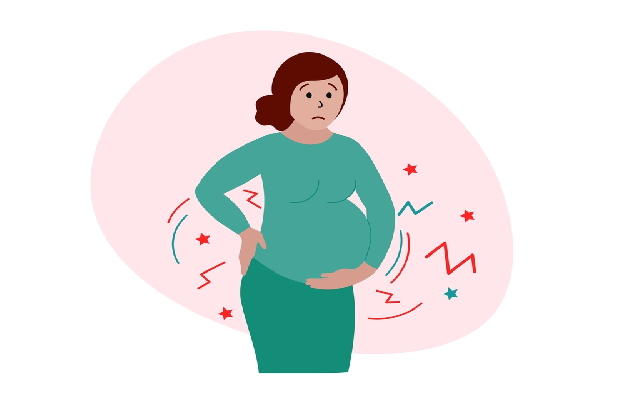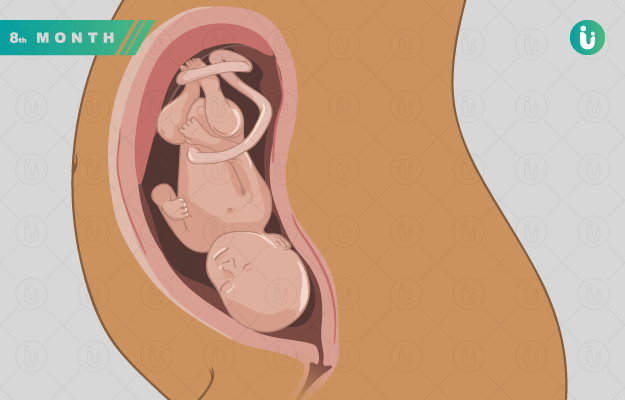You might not realise it, but your baby can get disease immunity from you during your pregnancy. This immunity will keep your baby healthy during your pregnancy and for a few months after his or her birth. Once this immunity decreases, your baby will need to be vaccinated for individual diseases, from polio to tuberculosis.
There are a few vaccinations that you will need to get during your pregnancy, and a few that your doctor will recommend as per the results of your check up during pregnancy. It is best to give your full medical history to your doctor and get all the recommended tests done before you get the vaccines.
That said, there are some vaccines that are recommended for all pregnant women and some that pregnant women should avoid. Read on to know about them.











































